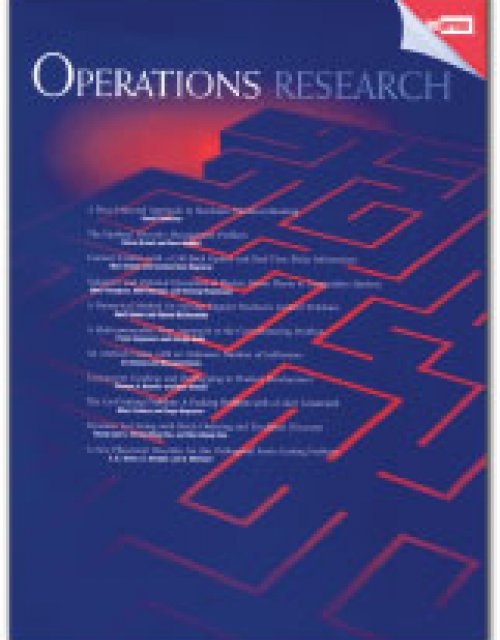Publication records
View all ESMT Working Papers in the ESMT Working Paper Series here. ESMT Working Papers are also available via SSRN, RePEc, EconStor, and the German National Library (DNB).
View all ESMT Working Papers in the ESMT Working Paper Series here. ESMT Working Papers are also available via SSRN, RePEc, EconStor, and the German National Library (DNB).
This paper examines stories about career investments of 140 successful entrepreneurs from Russia. A significant portion of these people explicitly reported influence of upsetting events on their own career investments. Based on the exploration of career stories, the paper introduced a typology of the upsetting events in the Russian context. The events were generally classified into those that represented "macro" and "micro" upsetting events. Macro events refer to changes in socio-economic, and political systems. Micro events refer to the events that only concern the individual him- or herself, or may include events at work or at home. Our analysis of the career investments of the Russian entrepreneurs using the intelligent career concept shows that when faced with the upsetting events individuals tend to (a) reconsider their existing events, (b) divest from their old ways of knowing, and (c) invest in relatively new ways of knowing.
Our study calls a particular attention to the role of career divestments, or discontinuing certain ways of investing in order free resources for a different investment expected to be more fruitful in terms or returns. Attention to divestment may be warranted due to the increased unpredictability of working lives of today's career actors.
This study contributes to responding to a call for a better understanding of the role of upsetting events on people's careers and the society at large. We also bring further our understanding of human adjustment to the sometimes upsetting changes in their surroundings through working life, thus enhancing our understanding of the role of careers in socio-economic systems. Last but not least, the study also contributes to a better understanding of careers in modern Russia. With the increasing role of Russia on the international political and economic arena, understanding people through looking at their working lives is a good start for multiple potential research endeavors in the fields of career research and beyond.
View all ESMT Working Papers in the ESMT Working Paper Series here. ESMT Working Papers are also available via SSRN, RePEc, EconStor, and the German National Library (DNB).
